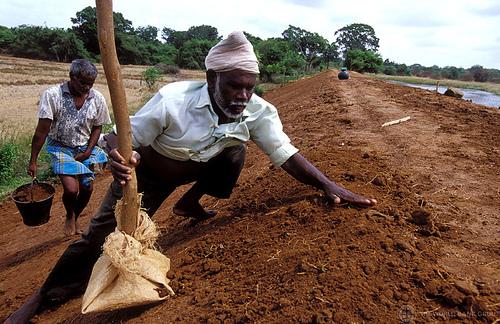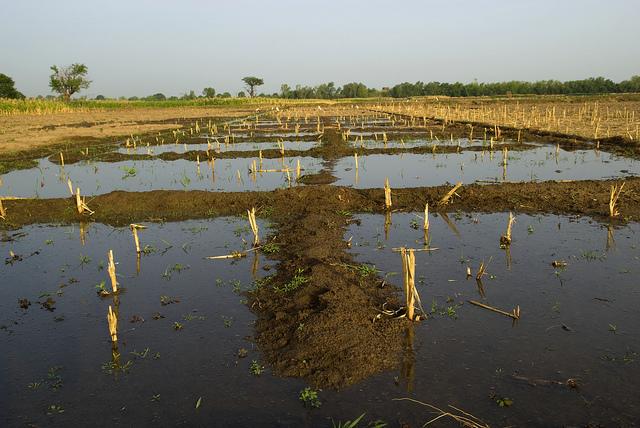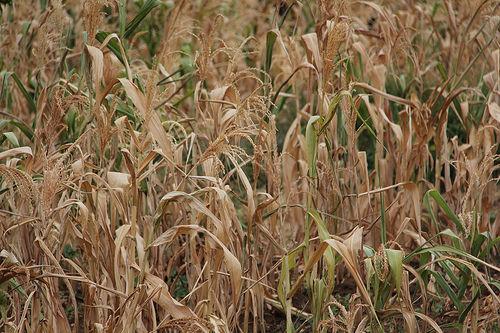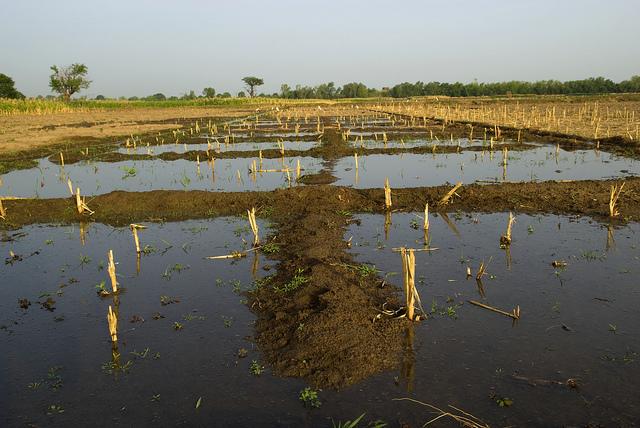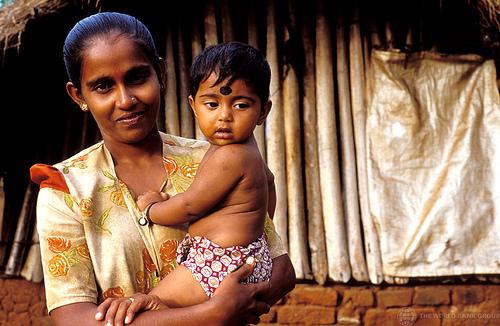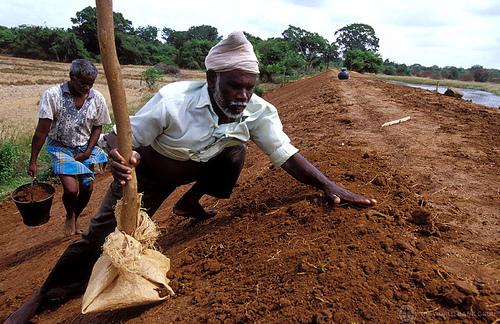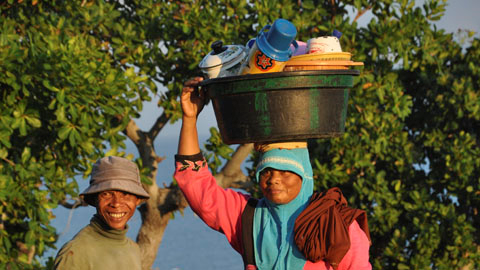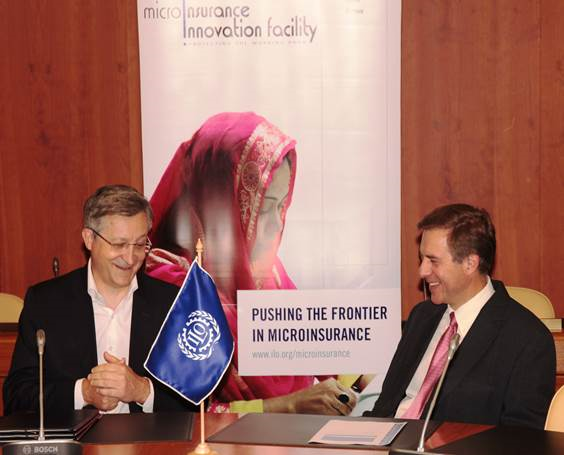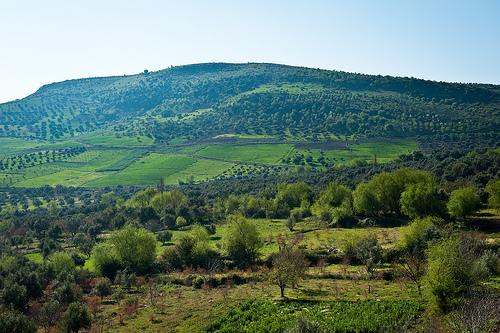
Content owner:
Topics:
Papua New Guinea (PNG) is a lower middle income country located in the Asian-Pacific region. Agriculture is the predominant source of livelihood in the country, with the agricultural sector accounting for 67% of the total labor force and 35% of the GDP in 2010. PNG has a very high exposure to earthquake, tsunami and volcanoes as well as being affected by climatic perils including tropical cyclones and the influence of the El Nino Southern Oscillation (ENSO) cycle which brings with it extremes of drought and excess rain and flooding. The Government of PNG identifies that agriculture has and

